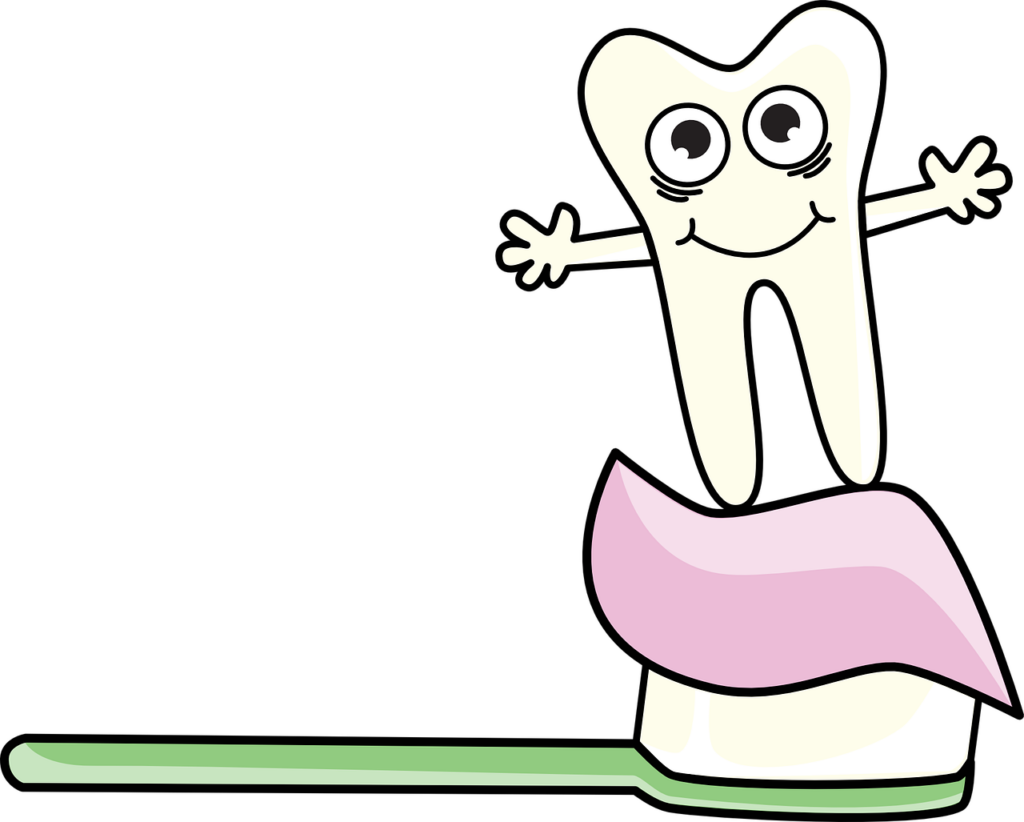
Are you curious about the science behind cavities and how they form? If so, you've come to the right place. In this article, we will delve into the fascinating world of tooth decay and explore how long it takes for cavities to form.
Tooth decay, also known as dental caries, is a common oral health problem that affects millions of people worldwide. It occurs when bacteria in the mouth produce acids that erode the tooth enamel, leading to the formation of cavities.
Understanding the timeline of cavity development is crucial to preventing and treating this dental issue.
So buckle up and join us on this journey as we uncover the secrets behind the science of cavities and learn how to keep our teeth healthy and strong.
Dental health refers to the overall well-being of our teeth and gums. It involves maintaining good oral hygiene practices, such as regular brushing and flossing, as well as receiving routine dental check-ups and cleanings.
Various oral health issues can arise when our dental health is compromised, including cavities.
A cavity, also known as dental caries, is a small hole or pit that forms on the surface of a tooth. It is caused by the demineralization of the tooth enamel, which is the hard, protective outer layer of the tooth.
When plaque, a sticky film of bacteria, builds up on the teeth, the bacteria produce acids that gradually eat away at the enamel, leading to the formation of cavities.
If left untreated, cavities can progress deeper into the tooth, affecting the underlying dentin and potentially reaching the pulp, where the tooth's nerves and blood vessels are located.

Cavity formation occurs in several stages, each with its own distinct characteristics. Understanding these stages can help us identify and address cavities at an early stage.
The first stage of cavity formation involves the accumulation of plaque on the tooth's surface. Plaque is a sticky film that contains bacteria, food particles, and saliva.
When plaque is not adequately removed through brushing and flossing, it can harden into a substance called tartar, which provides a breeding ground for bacteria.
As bacteria in the plaque feed on sugars and carbohydrates from our diet, they produce acids that attack the tooth enamel.
These acids gradually demineralize the enamel, causing it to weaken and become more susceptible to decay.
If the demineralization continues, the acids can penetrate through the enamel and reach the dentin, the tooth layer below the enamel.
Dentin is softer and less resistant to acid erosion, so decay can progress more rapidly in this stage.
If the decay reaches the pulp, which contains the tooth's nerves and blood vessels, it can lead to infection and severe pain. At this stage, a root canal treatment or extraction may be necessary to address the infection and preserve oral health.
The speed at which cavities form varies from person to person and depends on several factors. These factors include:
Preventing cavities is always better than treating them. Here are some preventive measures and treatment options for cavities:
Preventing cavities is essential for maintaining good oral health and avoiding more extensive dental issues. By following these preventive measures, you can significantly reduce the risk of cavity formation:
The time it takes for a cavity to form fully can vary depending on several factors. On average, it can take several months to a few years for a cavity to develop.
However, the progression can be faster in individuals with poor oral hygiene, a diet high in sugar and acidity, or underlying health conditions that increase cavity risk.
If a cavity has formed, various treatment options are available to restore the tooth's health and functionality.
At iCare Family Dentistry, we prioritize your oral health and offer comprehensive dental care services. Our experienced team of dentists and hygienists is dedicated to providing personalized treatment plans to address your specific needs.
From preventive care to restorative treatments, we are committed to helping you achieve a healthy and beautiful smile. Schedule an appointment with us today, and let us take care of your dental health.

Tooth decay and cavities are common oral health issues that can significantly impact our overall well-being. Understanding the science behind cavity formation and the factors that influence its development is essential to preventing and treating these dental problems.
By practicing good oral hygiene, adopting a balanced diet, and seeking regular dental care, we can maintain healthy teeth and prevent cavities from forming.
Remember, prevention is key, so take care of your teeth and smile confidently for years to come.
If you have any questions about our dental services we offer, we are happy to assist you.
Get in Touch
Call us at 703-352-2073
Fill out the form to contact us and we will reply shortly.
10527 Braddock Rd. Ste. 8A
Fairfax, VA 22032

We care about your oral health at iCare Family Dentistry. We accomplish this by addressing all current and potential dental issues during your visit.